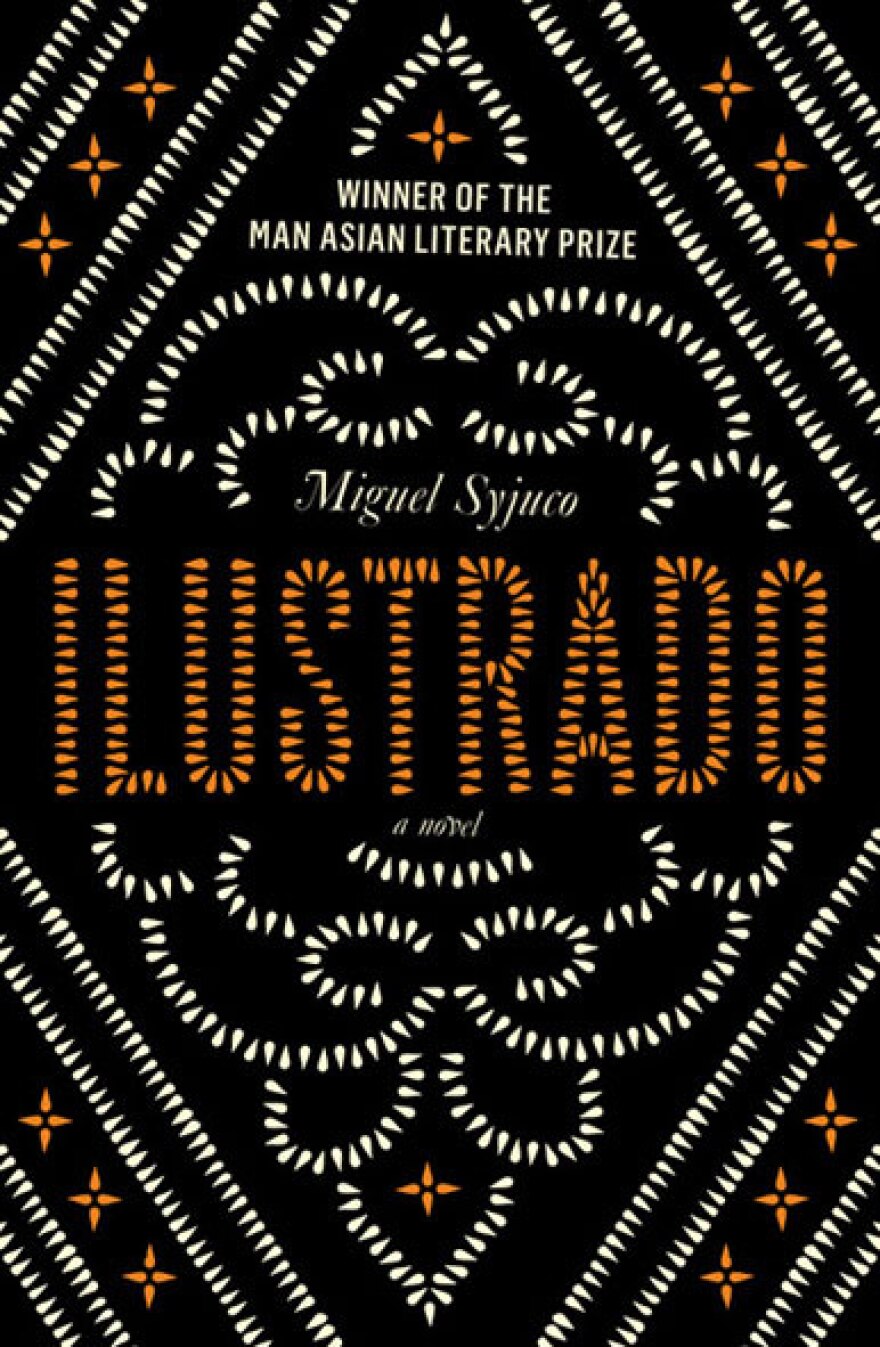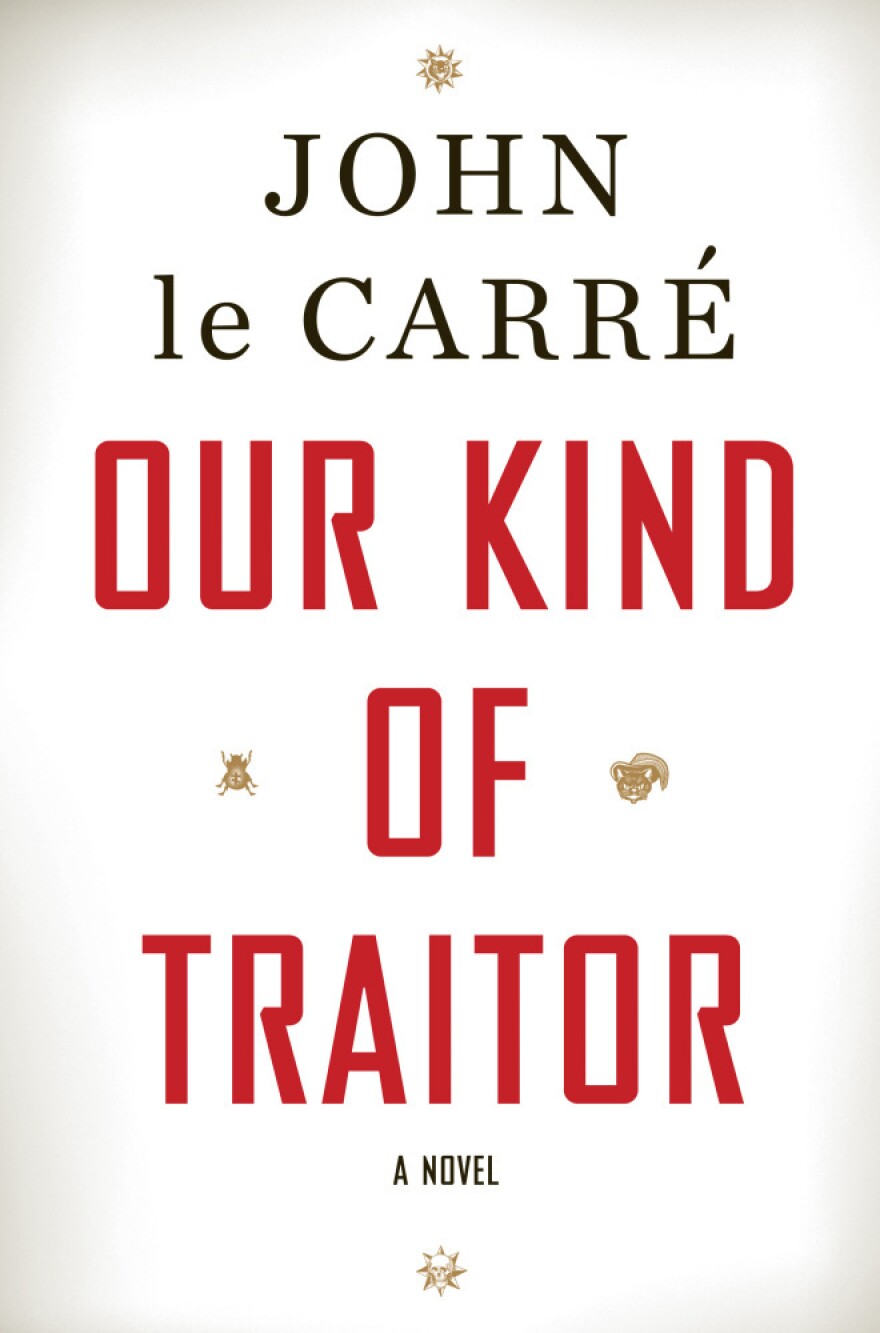Can writers of literary fiction enrich our understanding of an interconnected world -- the kind of world in which frugal Chinese workers, who save rather than spend their money, put people out of jobs in Detroit? My selection of the best fiction this year includes works that fully acknowledge the new ways of being in a world constantly reshaped by capitalism and technology; they suggest that far from being trapped in ivory towers with old formal and intellectual modes, writers can be one step ahead of our ever-changing sense of reality.

Gold Boy, Emerald Girl
By Yiyun Li; hardcover, 256 pages; Random House, list price: $25
With three books of fiction behind her, Yiyun Li is already one of the more distinguished immigrant writers in America who have enriched and enlarged our notions of world literature. She grew up in China, and her fiction illuminates a country that -- notwithstanding all its great economic successes -- still seems very opaque and somewhat menacing. But Li is not just someone bringing essential news from a country about which we know little. The reader is immediately beguiled by the delicacy of her perceptions and her understated prose, which set up a sharp contrast to the often unbearably cruel realities she describes. Take, for instance, the story titled "Prison," about a grieving Chinese couple in America. They return to China after the death of their only daughter and find that the impoverished woman they have hired as a surrogate mother had been forced to give away her own son. So many different worlds violently collide in a few pages, and yet Li never loses control of her art. Elsewhere, too, in this book, the overarching and obviously surreal themes never overwhelm Li's insight into the strange ways of the human heart.

The Collected Stories Of Deborah Eisenberg
By Deborah Eisenberg; paperback, 992 pages; Picador, list price: $22
Many of Deborah Eisenberg's stories have the satisfying fullness of novels; within the small slice of life that is short fiction she thriftily accommodates, using sharp, poetically exact sentences, a complete arc of individual experience against a broad and rich social backdrop. She has published four collections over the past 24 years, a relatively modest output compared with, say, such masters of short fiction as William Trevor and Alice Munro, but it is no less original. Travel is one of her themes; Americans abroad finding themselves deprived of familiar modes of reassurance and exposed to painful truths about their place in the world. The stories set in America, too, often enact the loss of illusions. Here she is in "Twilight of the Superheroes," evoking the disabusing of bohemian New Yorkers who have moved, just before Sept. 11, into an expensive downtown apartment with a glittering view of the city's skyline. ("Towers and spires, glowing emerald, topaz, ruby, sapphire, soared below ... Sitting out on the terrace had been like looking down over the rim into a gigantic glass of champagne.") "It was as if there had been a curtain," Eisenberg writes, "a curtain painted with the map of the earth, its oceans and continents, with Lucien's delightful city. The planes struck, tearing through the curtain of that blue September morning, exposing the dark world that lay right behind it, of populations ruthlessly exploited, inflamed with hatred, and tired of waiting for change to happen by."

A Visit From The Goon Squad
By Jennifer Egan; hardcover, 288 pages; Knopf, list price: $25.95
I have long admired Jennifer Egan's fiction for its imaginative richness and apparently offhand but devastating insightfulness about popular culture. Her novel Look At Me (2001), presciently published the same week as Sept. 11, revealed how the obsessions with terror, image, novelty and celebrity work out in ordinary life. Her other fictions, too, are preoccupied with the question of how so much of what we take for granted in modernity -- everything from corporate work practices to mobile phones and PowerPoint presentations -- has reshaped our sense of what it is to be human. Her new, formally adventurous novel, A Visit from the Goon Squad, shows even more vividly how our selves, deprived of their old cohesiveness, cope with the experience of childhood, love, professional careers, illness and death. Its 13 chapters could be read as separate short stories; but, read together, their recurring characters moving in and out of each other's lives across several decades create an astonishingly alive pageant. The book, though short, has the comprehensiveness, emotional range and wisdom of an epic. Egan is clearly one of those writers on whom, to paraphrase Henry James, nothing is lost.

Ilustrado
By Miguel Syjuco; hardcover, 320 pages; Farrar, Straus and Giroux, list price: $26
I confess I started this novel knowing nothing about the political history of the Philippines, but was very quickly entranced by the narrative, the steady accumulation of plots and subplots. The book ostensibly unravels the mystery of a writer called Crispin Salvador, whose corpse is found floating in the Hudson River in New York. The manuscript of his much-awaited book, which exposes the gross corruptions of the Filipino elite, has gone missing; and Syjuco uses this device of a thriller to rove entertainingly across a rich social world, creating a collage of a novel through news reports, author profiles, blog posts, e-mails and even text messages. I am not usually a fan of postmodern pastiche, but Ilustrado shows how a fragmentary form with its brisk epiphanies can be better placed than the old-fashioned realist novel to capture the weird disjointedness and partial visions of modern life.

Our Kind Of Traitor
By John le Carre; hardcover, 320 pages; Viking Adult, list price: $27.95
The end of the Cold War forced a lot of thriller writers into early retirement or irrelevancy. John le Carre has avoided this fate largely because his main interest has always been in the deceptions and self-deceptions of the human mind, the dangers of ideological thinking and the corruptions of power -- none of which, sadly, disappeared from our world along with the Soviet Union. Our Kind of Traitor more than anticipates the recent WikiLeaks disclosures about Russia's degeneration into a mafia state; it shows, too, the sinister ways in which many people in democracies enable the violence and brutality of unfree societies. Our Kind of Traitor is a book to read on a long winter's evening. It quickly draws you in -- le Carre excels at quick portraiture as well as being a master of narrative suspense -- and you emerge from the novel feeling a little more cynical about the world, and definitely a lot wiser.
Pankaj Mishra is the author of Butter Chicken in Ludhiana and several anthologies of Indian literature. He lives in India and London and is currently at work on a novel.
Copyright 2023 NPR. To see more, visit https://www.npr.org.


